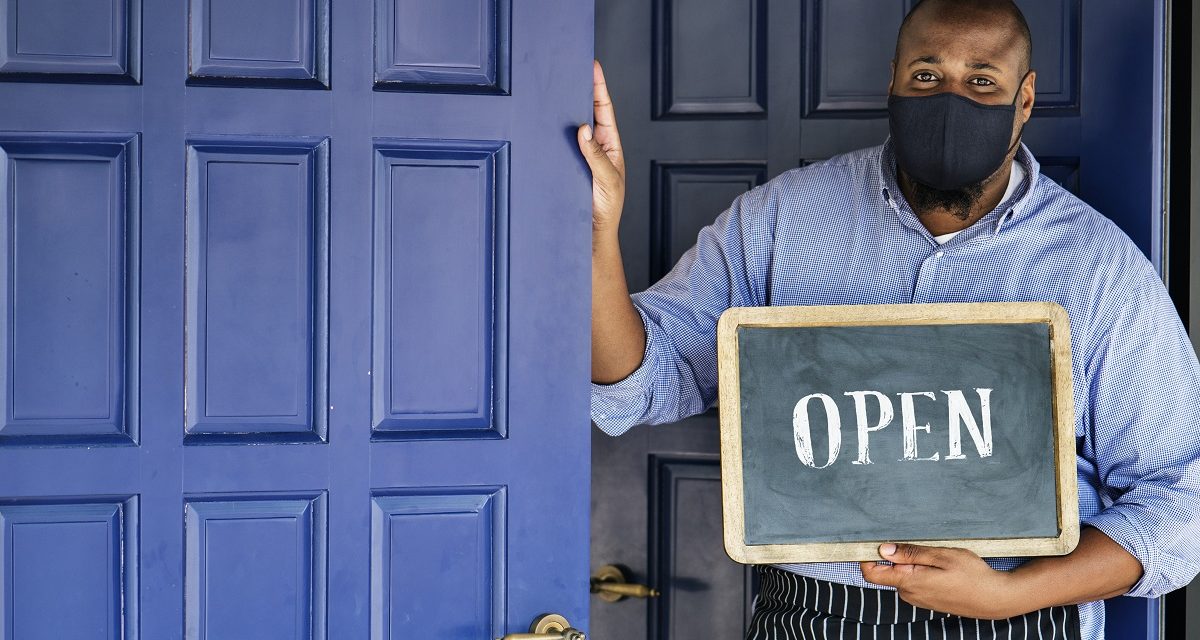Small businesses have no doubt taken a hit over the last year despite being the backbone of job creation in South Africa. From the drop in demand to a supply chain freeze, SMEs have had a lot to deal with. According to a recent McKinsey survey, “Between 40 to 60 percent of small business respondents to our survey reported that they expect to make a loss of more than 5 percent for the current financial year as a result of the crisis”.
But adaptability has been the key to overcoming all of the challenges. South African SMEs who have invested in a business plan that can change as and when needed, have mostly been able to make it through the worst of it. Adapting to the new needs and behaviours of consumers is vital to business success during these times.
According to a report published by Polity, businesses have employed the following strategies to survive.
-
They operate online
Digital transformation is no longer the buzzword for established corporations who need to modernise their systems. Consumers have become far more familiar with e-commerce during our various lockdown levels, and small businesses who have leveraged technology to provide an online store. From website builders to contracting a web designer, it’s never been easier to take your business online.
By expanding their presence online, a number of SMEs have been able to increase their customer base, compete with larger businesses and improve general business processes.
-
They offer a solution to current needs
One of the biggest issues customers face is purchasing goods or services safely and affordably. Businesses who adapted their solutions and strategies to meet these needs have seen an increase in revenue over the last year.
By adding a takeout or delivery option for example, businesses have offered a solution to customers’ needs without changing their entire business model or product offering. Diversifying has allowed businesses to stay afloat instead of temporarily or permanently closing shop.
-
They’ve upskilled employees and delegated
By upskilling employees in leadership, development and management skills, small businesses free up the time of senior leaders who can then focus on growth and strategy to ensure business sustainability. This allows the workload in general to become more evenly distributed and ensure business growth is prioritised.
Business leaders who offered their senior staff more management responsibility not only opened their business up to more sales but a happier workforce.
Despite these changes being rather undramatic, they have helped South African SMEs weather the ongoing storm. From shifting functions, to opening up an e-commerce website and diversifying their processes, SMEs can adapt to the new way of business.





